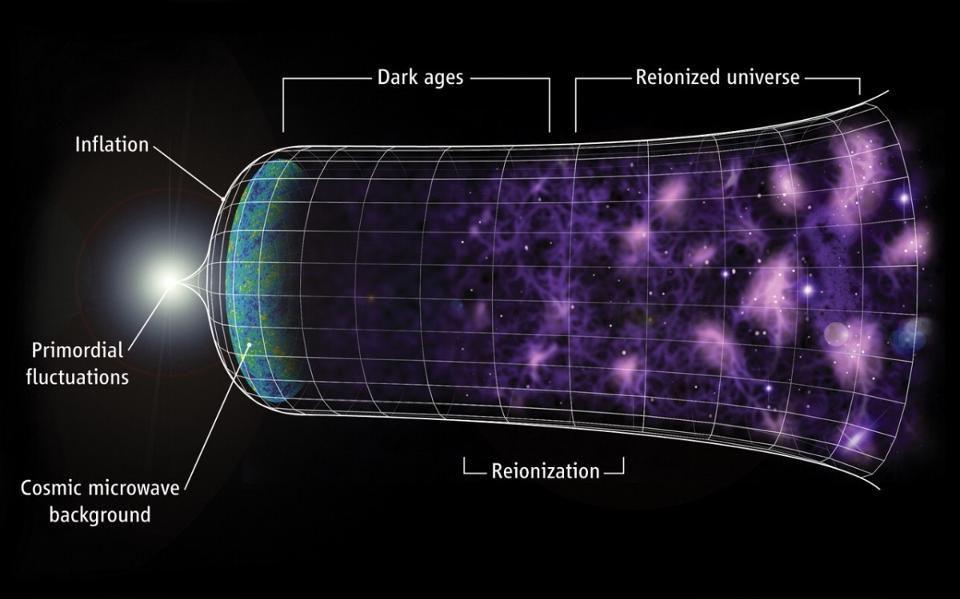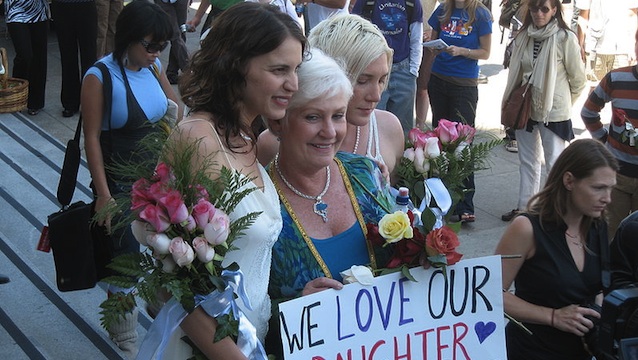The Sound of Harvard, Signifying Nothing

Frank Rich’s piece in the New York Review of Books, “Why Has He Fallen Short?” questions the benefits of raw intelligence as the key skill for political life. Or rather, it questions our current Administration’s apparent view that this is true. Our uniquely starry, and perhaps uniquely Cambridge, Massachusetts-centric, team of economic advisors begs the question: Is the mythology of “the best and brightest” a lie? Accusations of elitism (slash distaste for slash envy of Harvard) aside, is IQ the metric when one wants to run the country?
The Best and Brightest was the title of David Halberstam’s 1972 book. This title is often used without irony, but its origin is wholly ironic: Halberstam’s best and brightest were the men who failed to find a way out of Vietnam; they were the men who failed the fundamental test of confronting—and admitting—their own failure. Any psychologist can tell you this: fear of failure often results in risk aversion; risk aversion often leads to failure (or, to less success). That same psychologist might also note that fear of failure is the common cold of high achievers.
There is nothing new about gathering smart people when advancing a cause. There is nothing new about gathering Harvard graduates when running the World. The current criticism might be better described a case where faith in the potential of a person rests primarily on one’s faith in their degrees (and the caliber of those degrees). How dull. How cliché. Our president, preternaturally non-discriminatory and yet uniquely credentialed, wants the top team? We cannot fault him for that. We cannot fault him for that unless that is a bias which makes him blind.
Rich writes:
This misplaced faith in the best and the brightest has not coalesced [under Obama] around national security, as in the JFK-LBJ urtext, but around domestic policy—especially in the economic team, whose high-handed machinations [Jonathan] Alter chronicles in vivid detail [in his book, The Promise]. Contrary to some understandable suspicions on the left, Obama’s faith in that team has nothing to do with any particular affection for captains of finance (his own campaign donors included), or their financial institutions, or wealth.
No, that “faith” is a faith in academic prowess; that faith is a faith in the Ivy League as a system that not only vets the best but also trains them. And a central tenet in that training is a near-religious insistence on the possibility of success, and of the value of successful endeavor as equivalent to meaning. Said another way, You can do anything, and you must do something. It results, when it goes wrong, in logic like this: why would I have had to run a bank in order to understand a bank? I went to Harvard.
This nature of thinking is preached and pushed at every level of our most elite institutions. The logic is not, You know everything. The logic is, Your mind is capable of confronting what you don’t know, and divining solutions. More than simple arrogance, it is the complex arrogance of an educated optimist. It is Arrogance, plus Hope.
Rich also quotes Alter’s description of Obama’s interest in “glittering institutions that signified great achievement for a certain class of ambitious Americans.” In the end, only achievement signifies achievement. This is axiomatic, and tautological. It is difficult to parse, or prove, and anyone who went to Harvard can attest to that.





